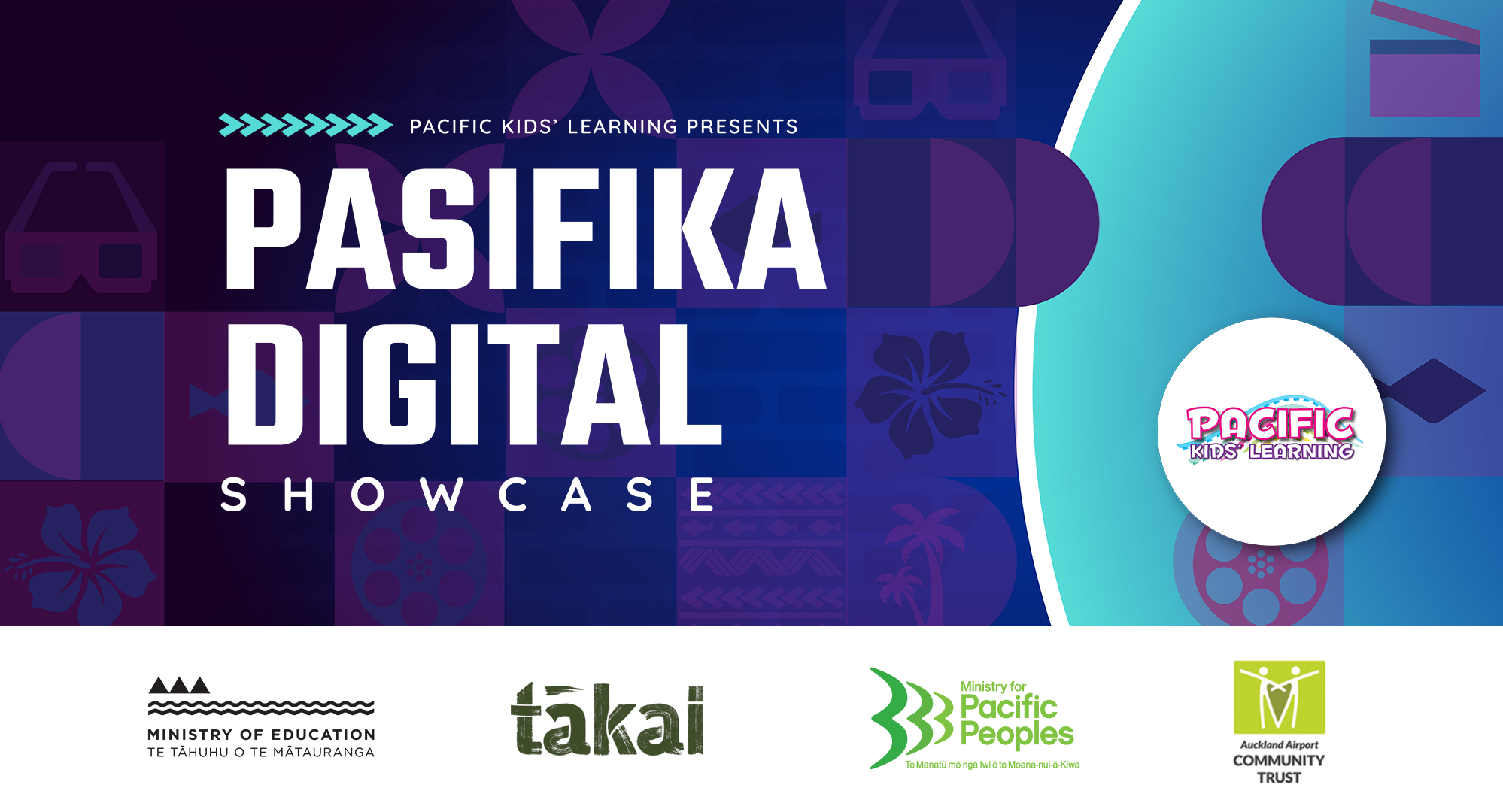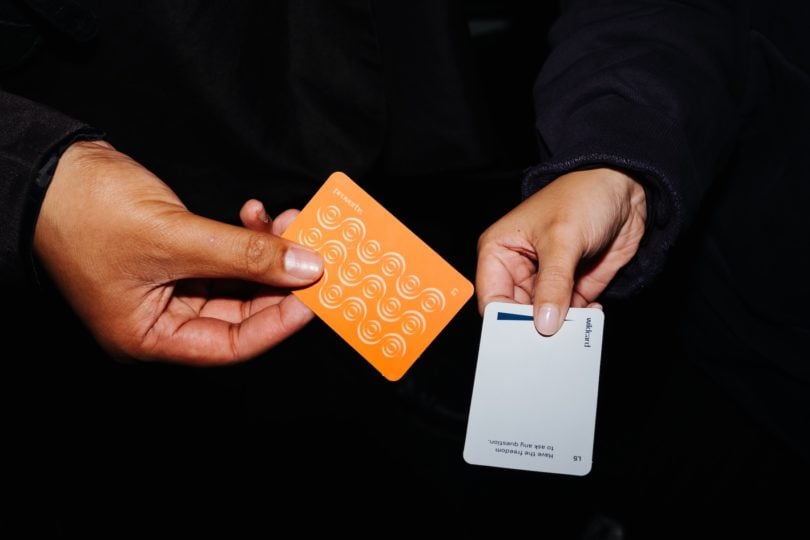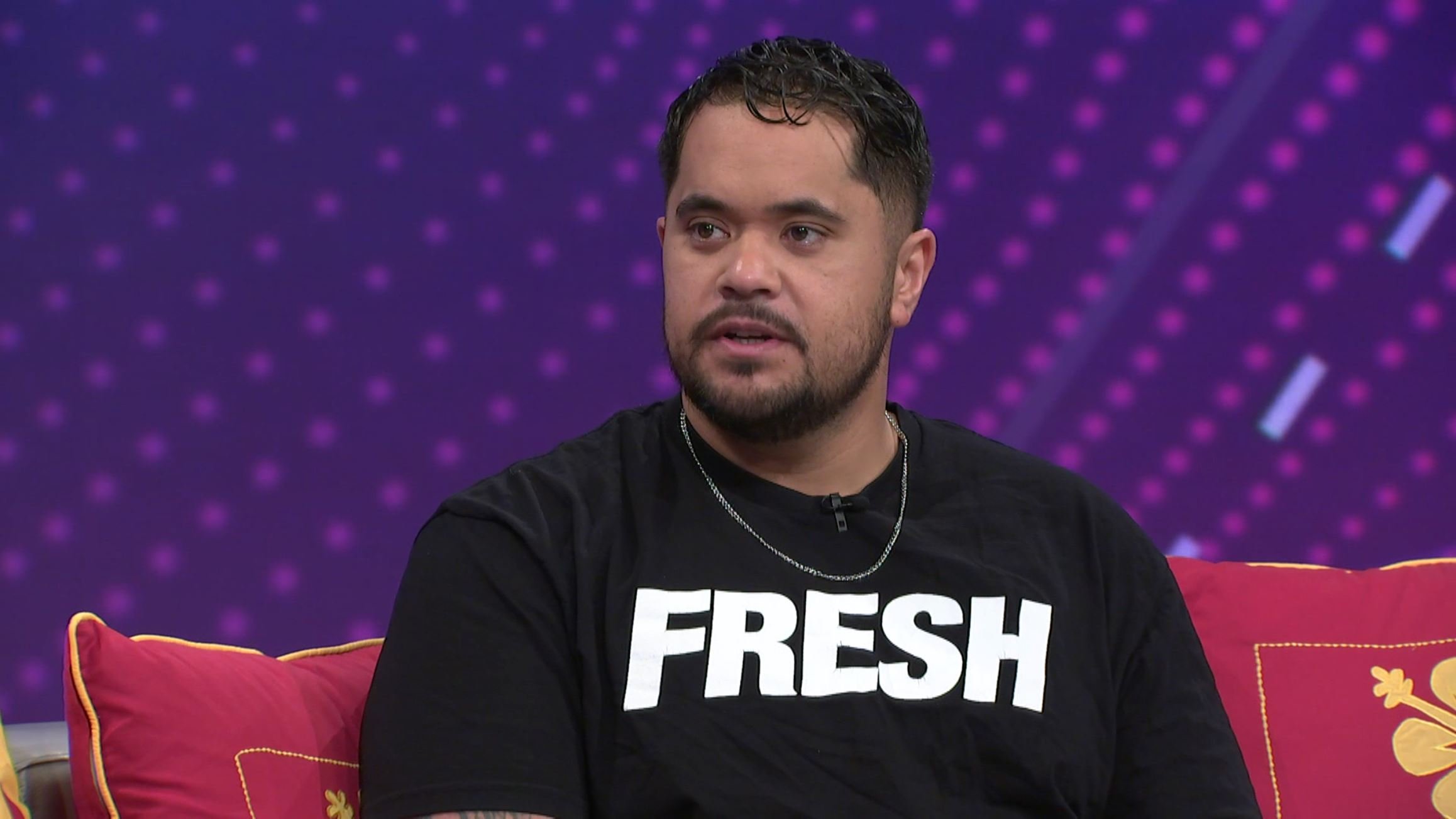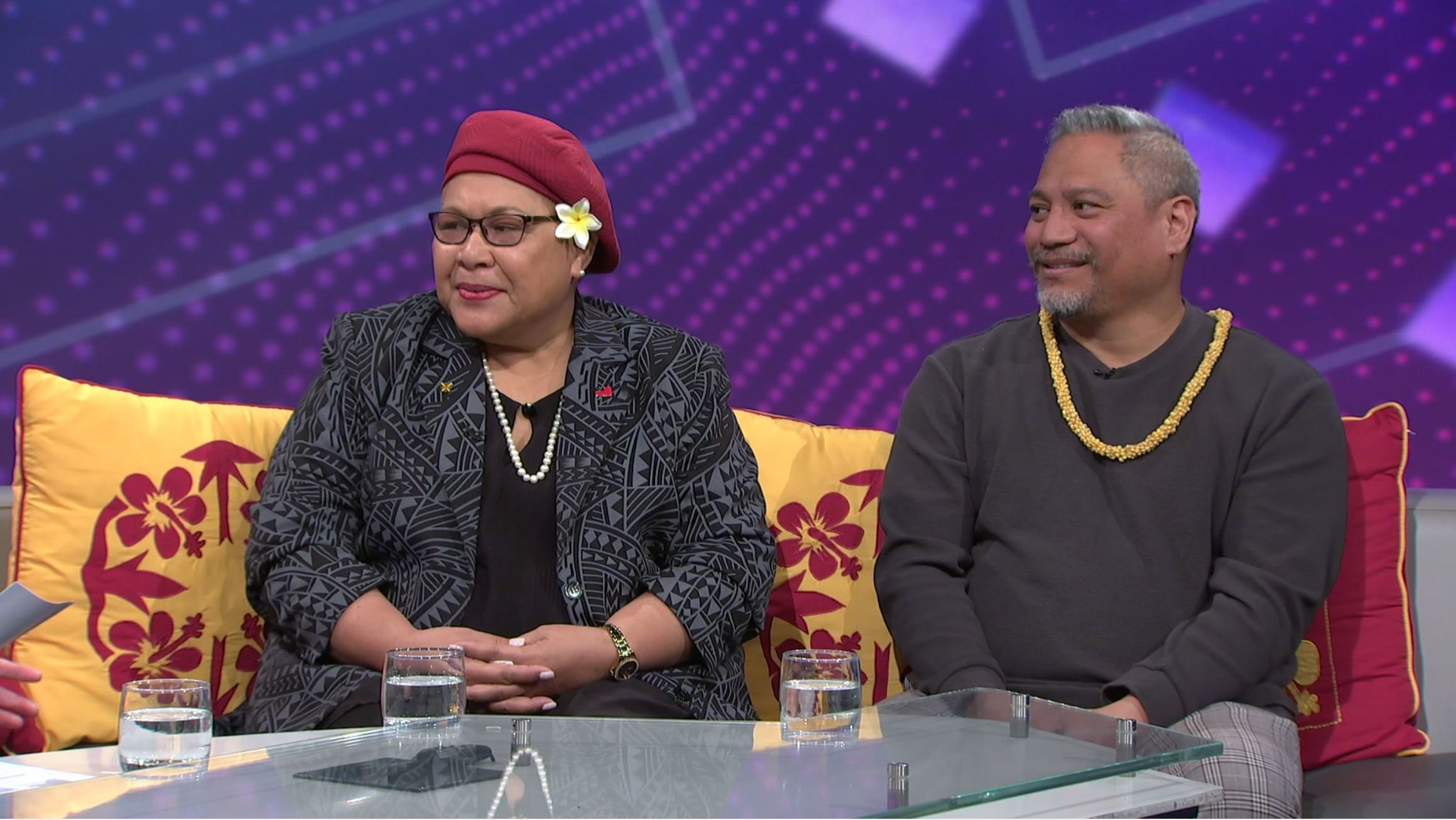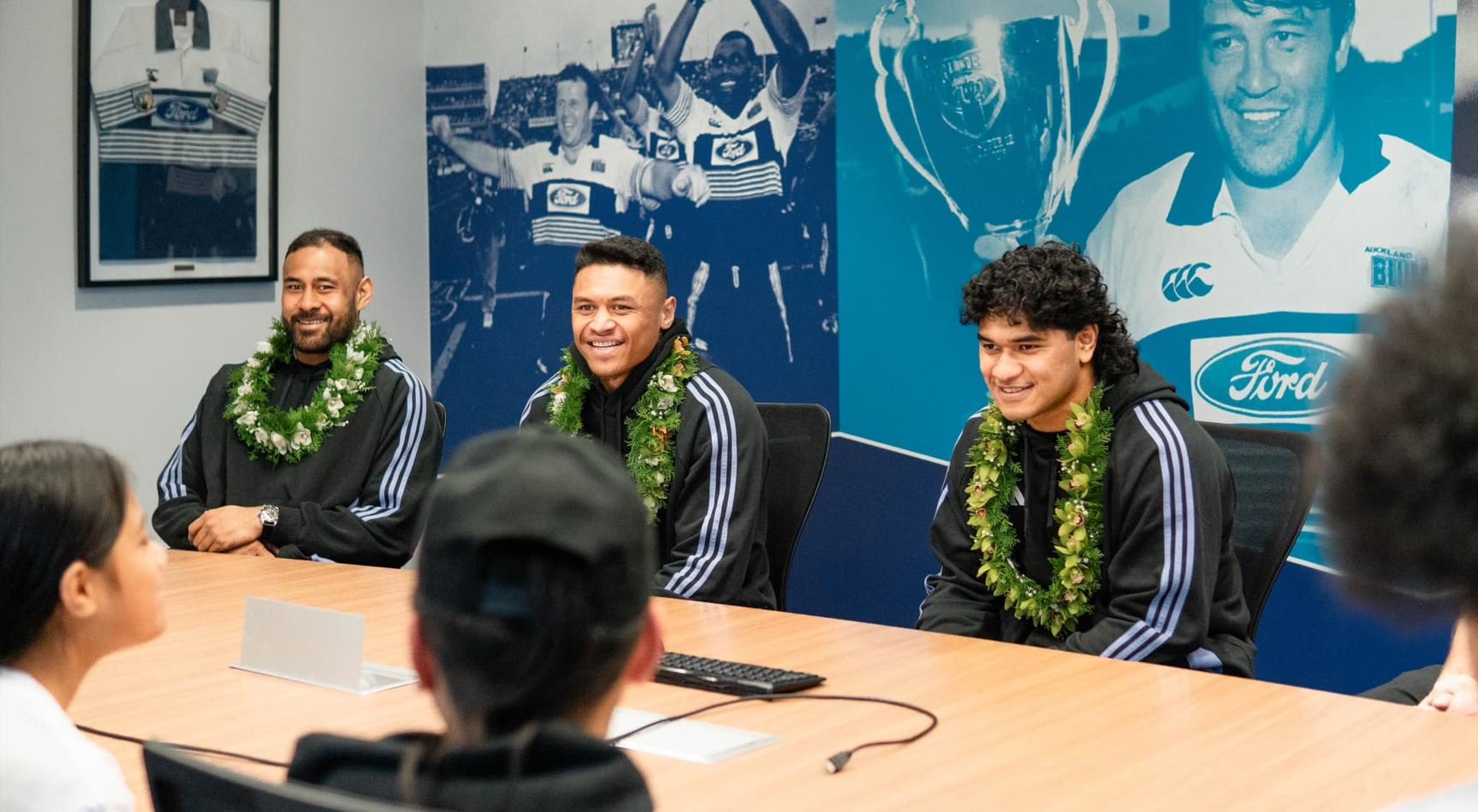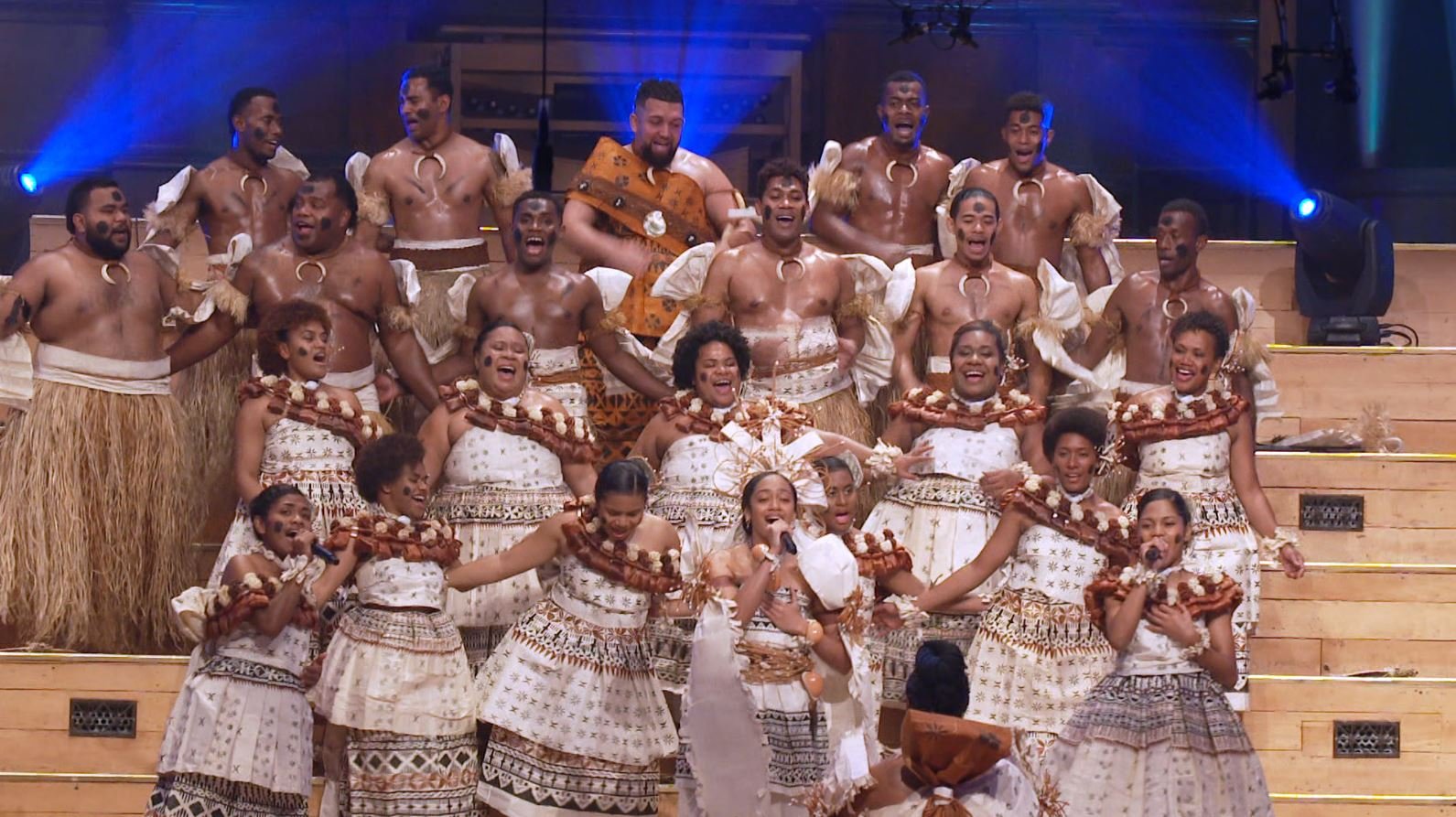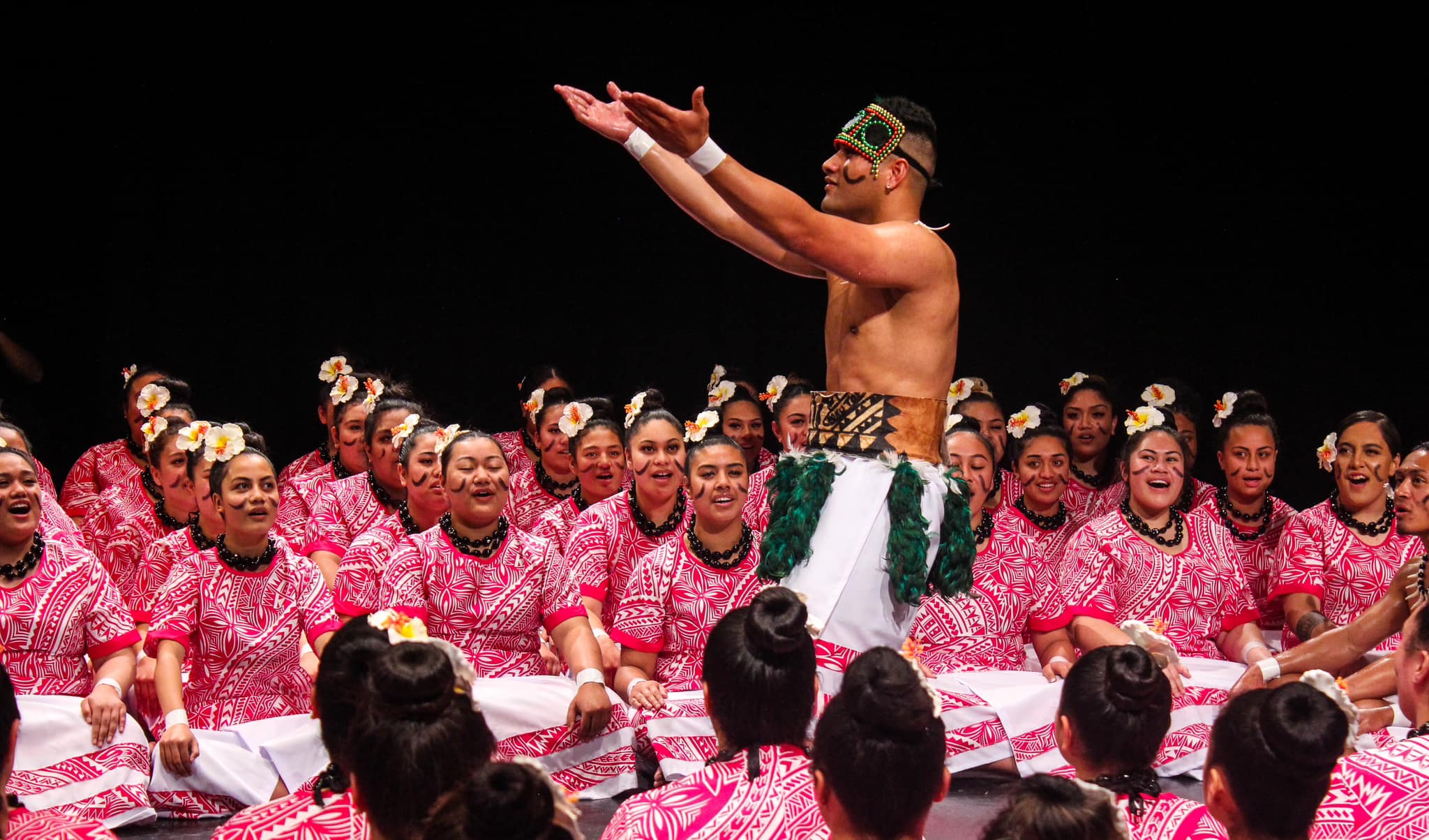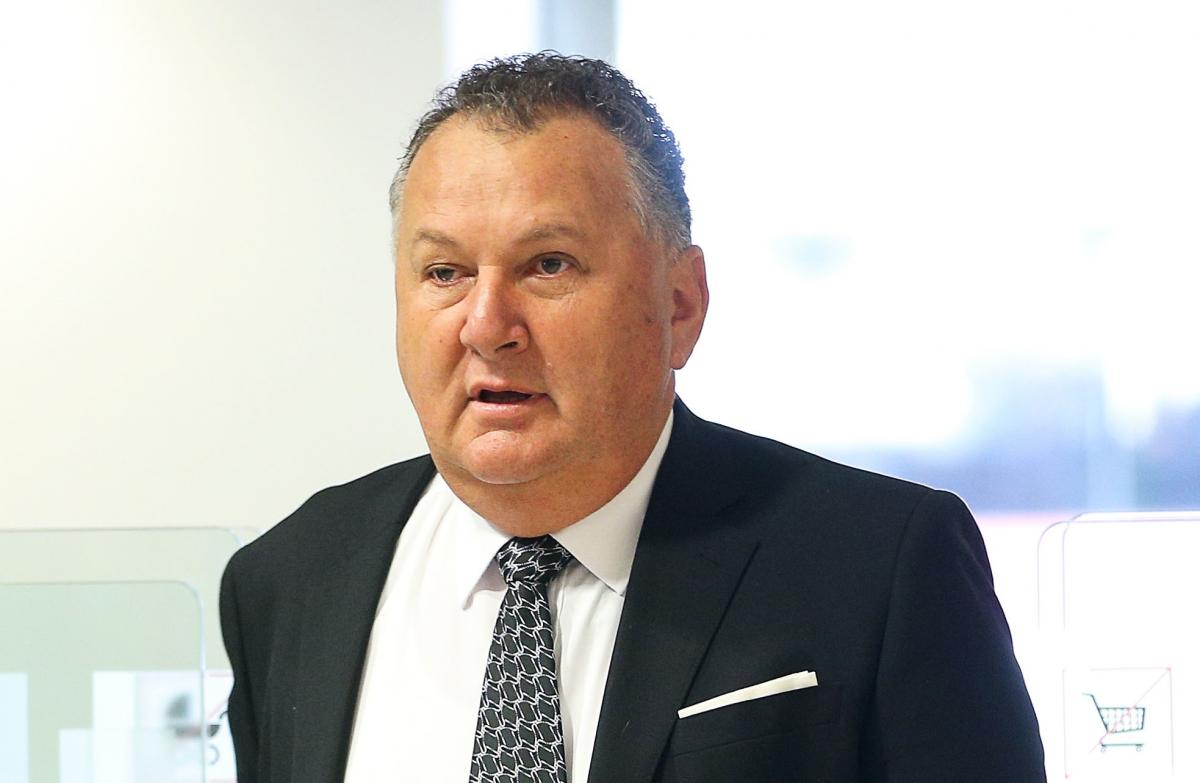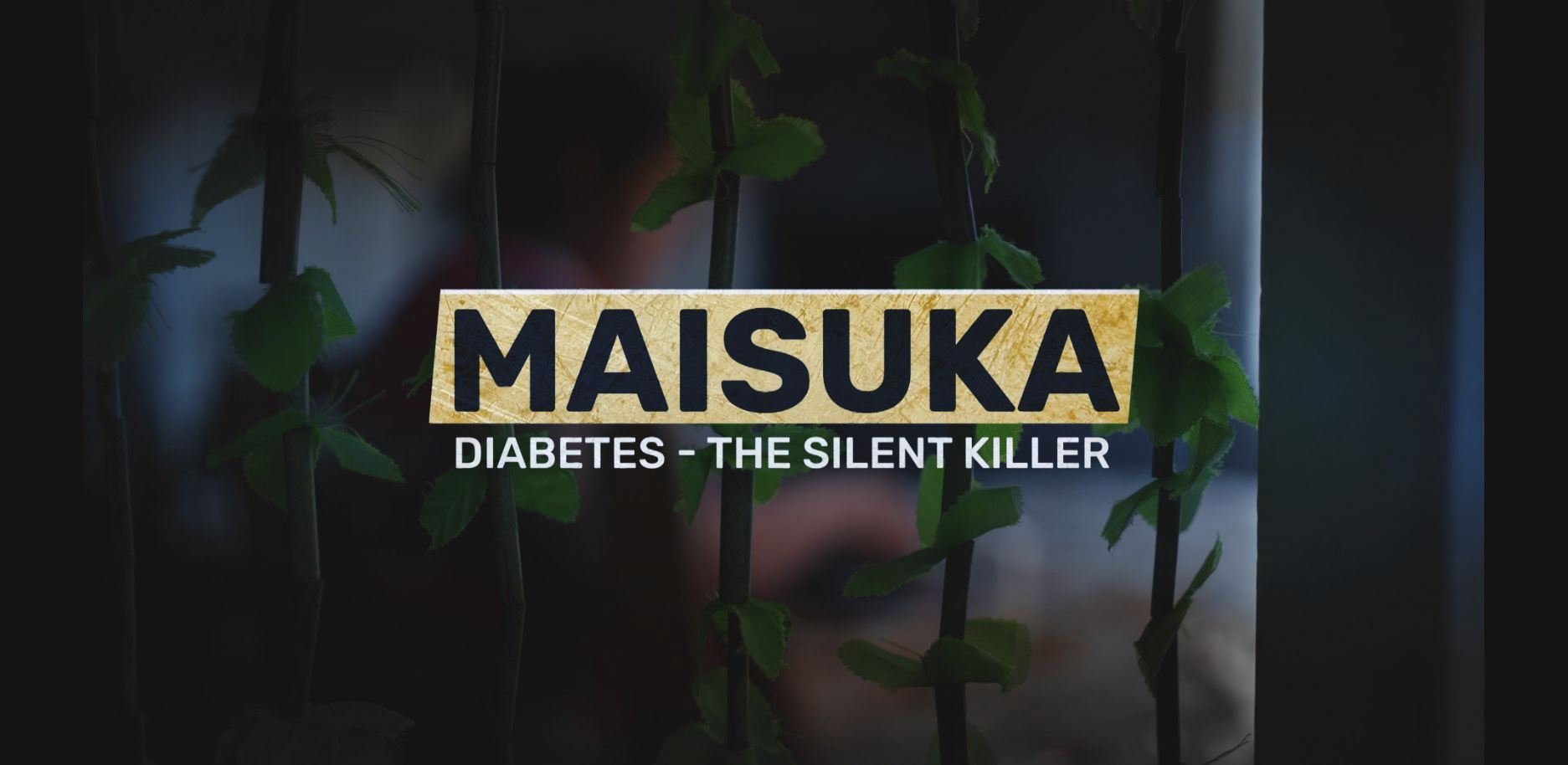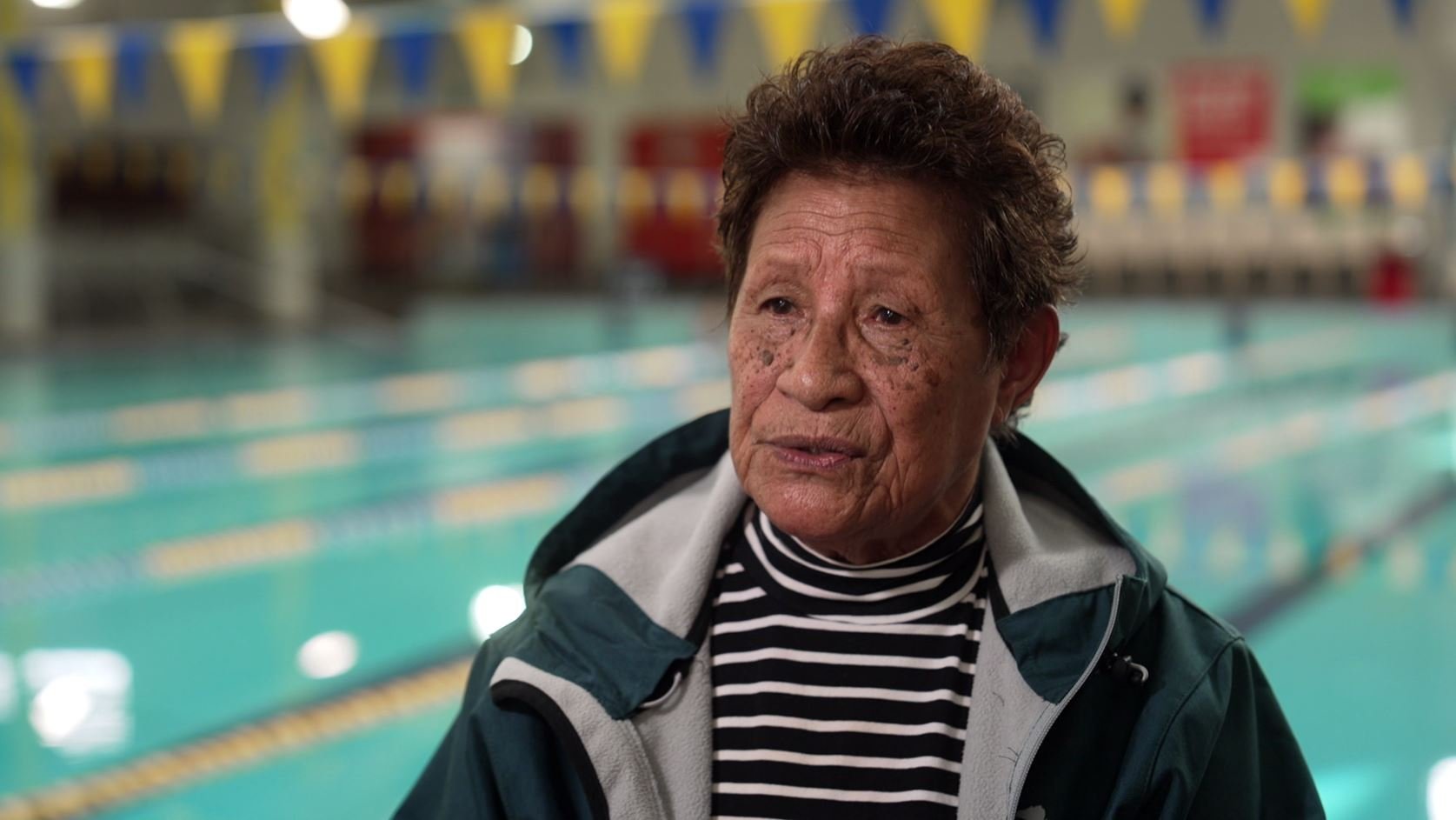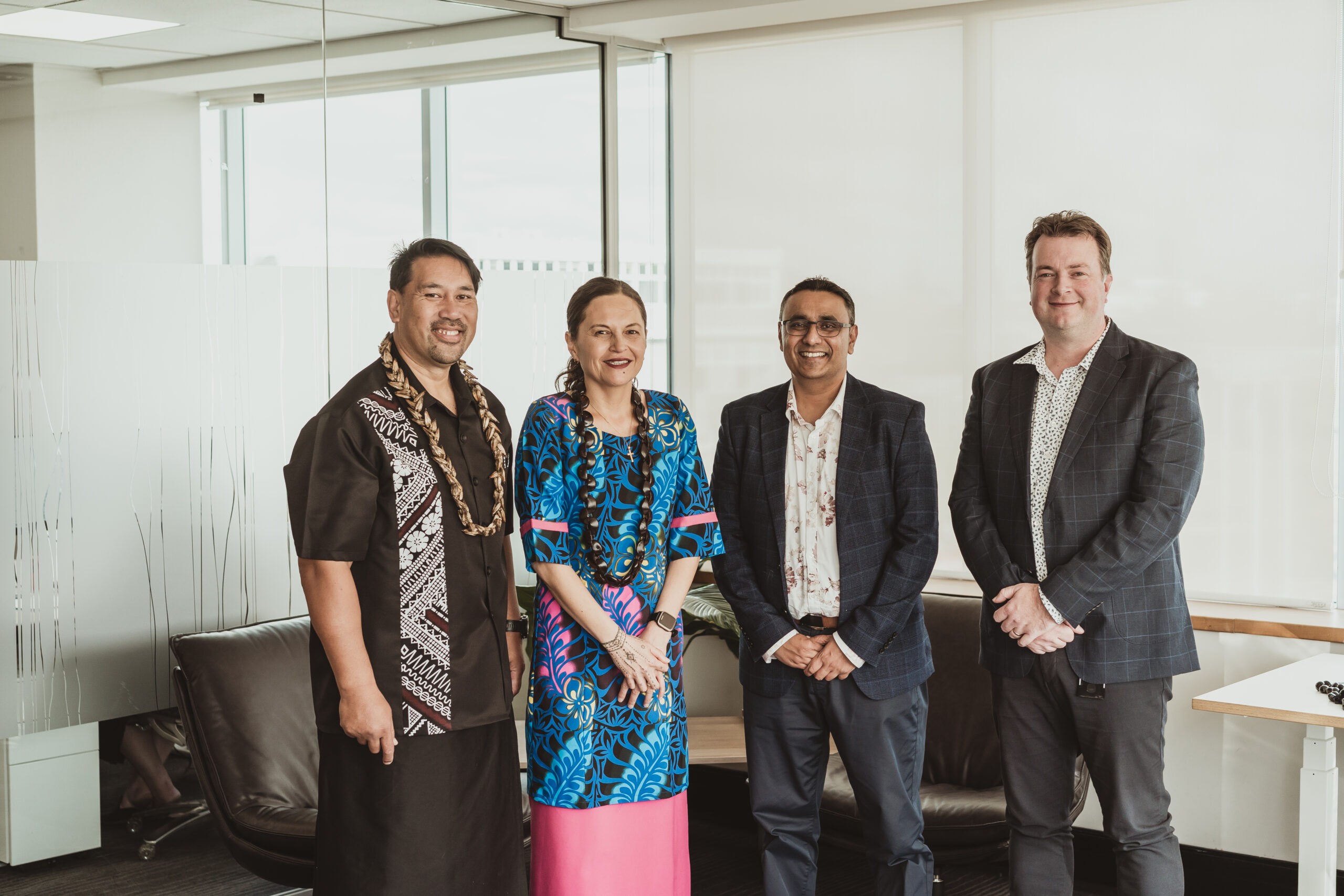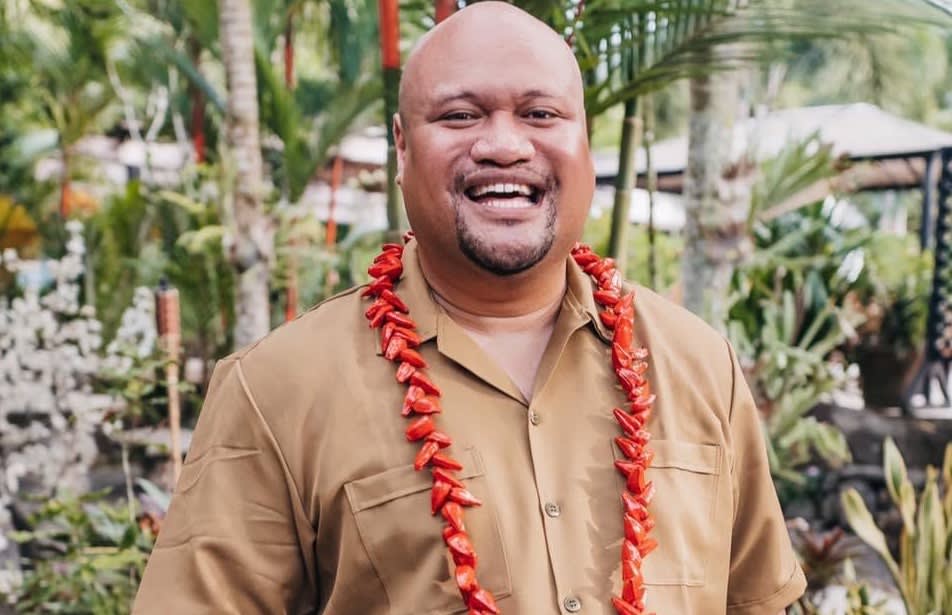It’s Mental Health Awareness Week and to help raise awareness of issues Pasifika youth might have in mental health we spoke with Leorida Peters, founder of the Mafaufau Project. The project is a grassroots initiative which seeks to engage and educate young people about mental health and well-being. It is delivered through a series of workshops with participating schools.
Leorida Peters
Age: 21
Ethnicity: Samoan
Tell us what inspired you to start the Mafaufau Project
I attended a mental health talk at university but really couldn’t really relate to what they were talking about. I was also talking to my friends and found out that it’s so common for us as Pacific people to go through depression and anxiety without recognizing it as that. It initially started as an instagram page where I would post things to raise awareness, but then some high school students began messaging and I thought that if they wanted to have conversations about their experiences as Pasifika people, that would be really cool, because it’s such a big issue for our youth. I mean, you see the statistics in the media about Pasifika and Māori youth under 25 having the highest rates of suicide and depression in New Zealand. Those stats really shook us.
What do the workshops entail?
The workshops are divided into two sections: education and engagement. The first half is where we define mental health and identify mental illnesses and their common symptoms. Then the other half we get the students to answer questions anonymously about their experiences with mental health as Pacific youth and have an open discussion on topics like stigma, stereotype and culture. Basically things that affect Pacific people’s health and well being.
Was it daunting to go into these schools, seeing as you’re not a medical professional?
The funny thing was that the kids were asking me to diagnose them but I don’t even study psychology or medicine. I definitely don’t have the credentials to do that, but it’s awesome that we’ve been able to reach out to professionals and nurses that are currently working, who are willing to help figure out what it is that we need to be giving these students and what kind of information we need to base the project on. Also this way we’ll have a mix of informal and formal information to give the students.
At first, you started working only with boys’ schools. Why is that?
I wanted to work with boys’ schools because I thought that boys were a more “at risk” group, especially in our Pacific community. But now that we’re getting more exposure we’re branching out to co-ed and girls schools too.
I’d imagine it’d be difficult to get the teenage boys talking about their feelings?
Yeah, extremely. We try and ask the teacher in charge to mix up the groups across ages, ethnicities etc. but usually the boys know each other. It’s funny because one boy will be getting into it and spilling his feelings and then five seconds later another boy will make a comment and then everyone starts laughing. But we have to take our boys how they are. I find it really interesting that they’ll say really minimal sentences but once you give them an anonymous sheet of paper we hear about their life stories and they write heaps.
Is there anything that surprised you when talking to the students about mental health?
I think the biggest thing that shocked me is the lack of support offered to the boys. At one of the schools, we asked the boys if they go to their counsellor when they’re feeling overwhelmed or sad and they said “we don’t have a counsellor”. The boys are aware of this gap and it shows in the way they look at mental health. Coming from a girls school, not many of us P.I girls used the counsellor but we all knew the service was there. Even at some of the other schools where the boys knew who their counsellor was, they didn’t feel like they could talk to or relate to them.
From your experience, are there other things you think the youth need?
When we talked with the boys, there are definitely conversations needed to be had at home. We often hear “I wouldn’t feel comfortable talking to my siblings or parents”. I think it’s sad that they’re not having these conversations at the most ground level. Even me, it’s taken me into adulthood to actually come out and talk to my mum about some things. It’s something we should look at changing as a people, to try and destigmatize what is appropriate to talk about. Even talking to my nana, I’ll tell her “I’m so stressed” and she’ll say “what is stress” she has no idea that depression even exists.
For you personally, what strategies for managing mental health have worked for you?
It sounds traditional, but my faith has played a really big role. When I was experiencing mental illness, I didn’t understand it but I did what I knew as a Pasifika person raised in the church. I prayed and talked to God a lot. It’s a confusing time when you don’t know why you’re feeling sad or why you’re worried, especially when that kind of knowledge hasn’t been exposed to you at a young age. Also, just being around people that I trusted and loved, like my family and friends. Just being around positive people always helps as well.
If you could send a message to Pacific youth struggling with mental health, what would it be?
That they are not alone. Especially as a young person, including myself, it’s confusing and scary when you struggle with mental health because sometimes you don’t know how to deal with it. But there are lots of people who face the same obstacles so it’s important to talk to somebody, especially with friends and family. If that’s not something you’re comfortable with then find things that you like. Try to keep active or explore new hobbies. Small things help. And remember “God made you too strong in this life, to not live it”. There are people there, don’t give up on yourself.
To learn more check out: https://www.instagram.com/mafaufauproject/
Other ways to get help:
- Lifeline: 0800 543 354 (available 24/7)
- Suicide Crisis Helpline: 0508 828 865 (0508 TAUTOKO) (available 24/7)
- Youth services: (06) 3555 906
- Youthline: 0800 376 633
- Kidsline: 0800 543 754 (available 24/7)
- Whatsup: 0800 942 8787 (1pm to 11pm)
- The Word
- Depression helpline: 0800 111 757 (available 24/7)
- Rainbow Youth: (09) 376 4155
- CASPER Suicide Prevention
- LeVa Services (leva.co.nz)
If it is an emergency and you feel like you or someone else is at risk, call 111.
